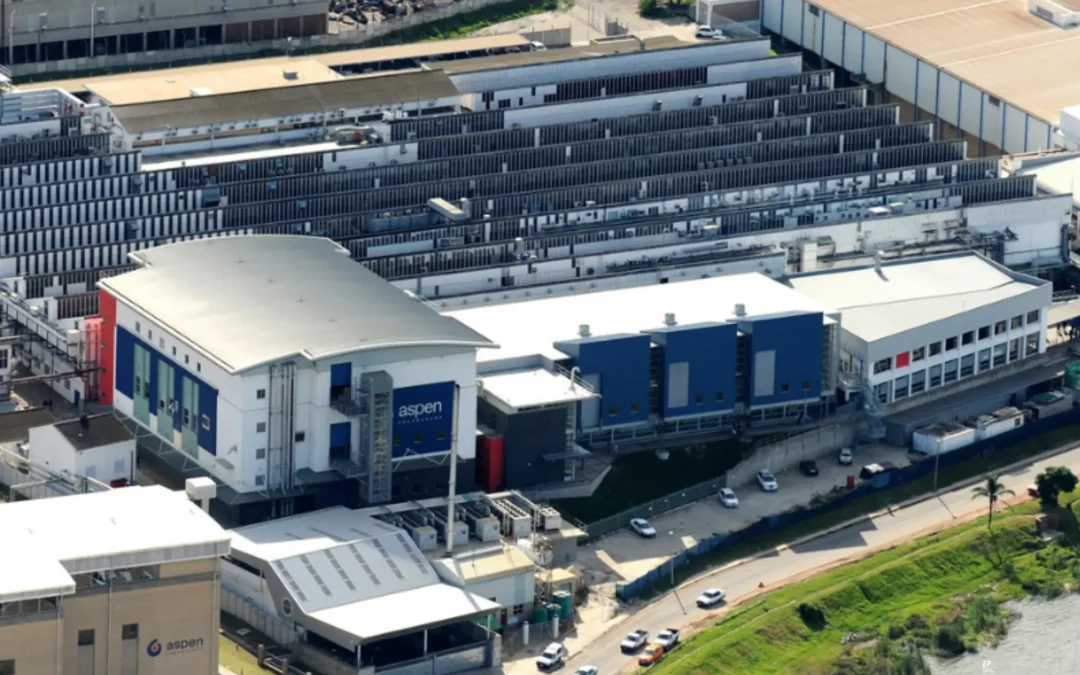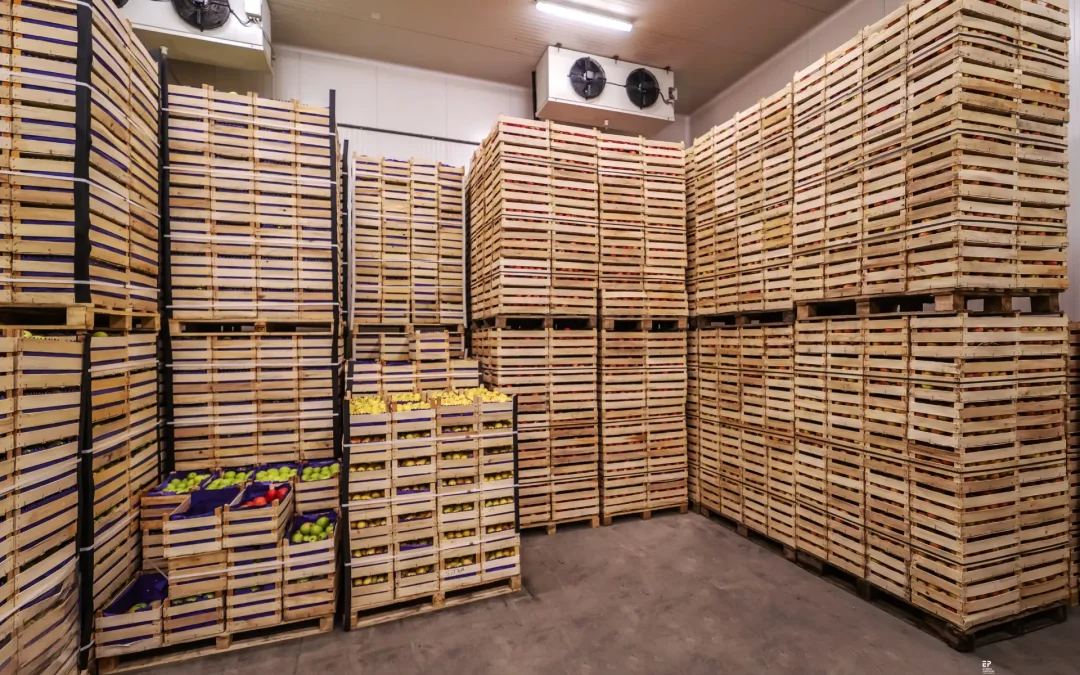Located near Groblersdal in Limpopo, the region known as the Golden Mile is where some of the country’s best export-quality citrus fruit and grapes are grown. This is also where new standards are set for the cultivation and storage of export-grade produce. It is therefore little wonder that the demand for state-of-the-art refrigeration solutions is higher here than anywhere else in the country.
This is according to Henk Mac Donald, Sales Engineer at EP Refrigeration – a division of Energy Partners and part of the PSG group of companies – who says that the solutions developed specifically for the food producers in the Golden Mile is an example for any organisation that cannot compromise on the quality of their refrigeration.
“The Golden Mile is essentially the one-mile radius around the highest point in the Groblersdal area, the N11 between Groblersdal and Marble Hall. It has its own microclimate, which makes it ideal for the production of some of the best fruit in the country. The demand for export-quality produce from this small region is so high that property prices have skyrocketed in recent years.
“The farmers who invest their time and capital into operations here sell a high-quality product, and they expect refrigeration systems that are up to the task. That’s why you would be hard-pressed to find a farm that uses older technology here.”
Mac Donald says that refrigeration is central to the production flow on these farms. “The produce has to be cooled overnight to the right temperature by the time that the trucks arrive to ensure that they can make it to their destination without spoiling. This requires that the cooling rooms run at peak efficiency, with no downtime.
“This means that there is an intensive maintenance component that accompanies any refrigeration system that operates here. If there is a problem of any kind, we have less than an hour to arrive on site and fix it. It also means that there has to be a maintenance crew on standby for 24 hours of the day.”
As Mac Donald points out, this would normally be an ideal setup for a fully outsourced solution. “Especially when you have a client that demands seamless operation, the obvious answer is to offer them a fully outsourced refrigeration solution, where the service provider owns and operates the system while only selling refrigeration to the client as a utility.
“However, because these facilities stand idle for just about three quarters of the year, and then they have to ramp up to 24-hour operation for about three months, outsourcing is more complex. Fully outsourced solutions are most viable if your facility operates for at least eight months of the year. The farmers therefore own all of the refrigeration systems on their sites, while we are contracted to conduct 24-hour live monitoring and maintenance.”
For this, EP Refrigeration developed its own monitoring tools, which observe the operation of the refrigeration equipment in real-time. “This is a crucial part of our service here, because the monitoring equipment picks up problems and temperature fluctuations the moment that they start to present, so that we can take action well before the quality of the produce is put in jeopardy.”
Mac Donald adds that this also means maintenance teams need access to all the refrigeration system’s replacement components. “You cannot have a compressor break in the middle of the night, and have to wait a week for one to be dispatched. The team needs it on hand so that they can do a swap in the minimum amount of turnaround time.”
Operating in an agricultural region, Mac Donald notes that geographical distance is one of the biggest challenges faced by service providers. “Firstly, maintenance crews need to be on-site quickly, meaning that they have to be set up and ready to be dispatched within minutes of getting a call. Secondly, the far distances of these farms from infrastructure such as grid power is a major issue. The further that these facilities are located from town, the weaker their power supply is.
“At the moment there are facilities that simply cannot function with the low voltage that they sometimes get from the grid. As a result, most of these facilities have now started to incorporate solar power and batteries with their refrigeration systems. It is actually an ideal match in the end,” he notes.
In light of this, Mac Donald says that the Golden Mile is truly the golden standard that displays the full capabilities of state-of-the-art refrigeration service providers. “The systems and the procedures that we employ here are standard for all of our operations across South Africa, but Groblersdal is definitely where our solutions are tested to their absolute limit. The success of our solutions in the Golden Mile is the reason that I can confidently say that they will deliver results wherever they are employed,” Mac Donald concludes.
Some of EP Refrigeration’s projects in the Golden Mile
- Bosckrans Boerdery – Grape pack house: Cold rooms and pre-cooling that serves as de-greening rooms in the winter. Able to pack and cool 120 pallets of grapes per day and de-green 1500 bins of citrus every three days.
- Golden Miles Estate (Qualichem Boerdery) – Grape pack house and single pallet cold rooms: Capacity to pack and cool 66 pallets of grapes per day.
- H.N Pieterse Boerdery – Pallet cold rooms: Can accommodate 240 pallets of self-packed fruit per day and cool an additional 210 pallets of grapes from other farming operations. Additionally, there is capacity to de-green 1500 bins of citrus every three days.
- Schoonbee Landgoed – Grape pack house: Two grape pack houses and cold room facilities to pack and cool 580 pallets of grapes per day. Offers de-greening for up to 4500 bins of citrus every 3 days.





